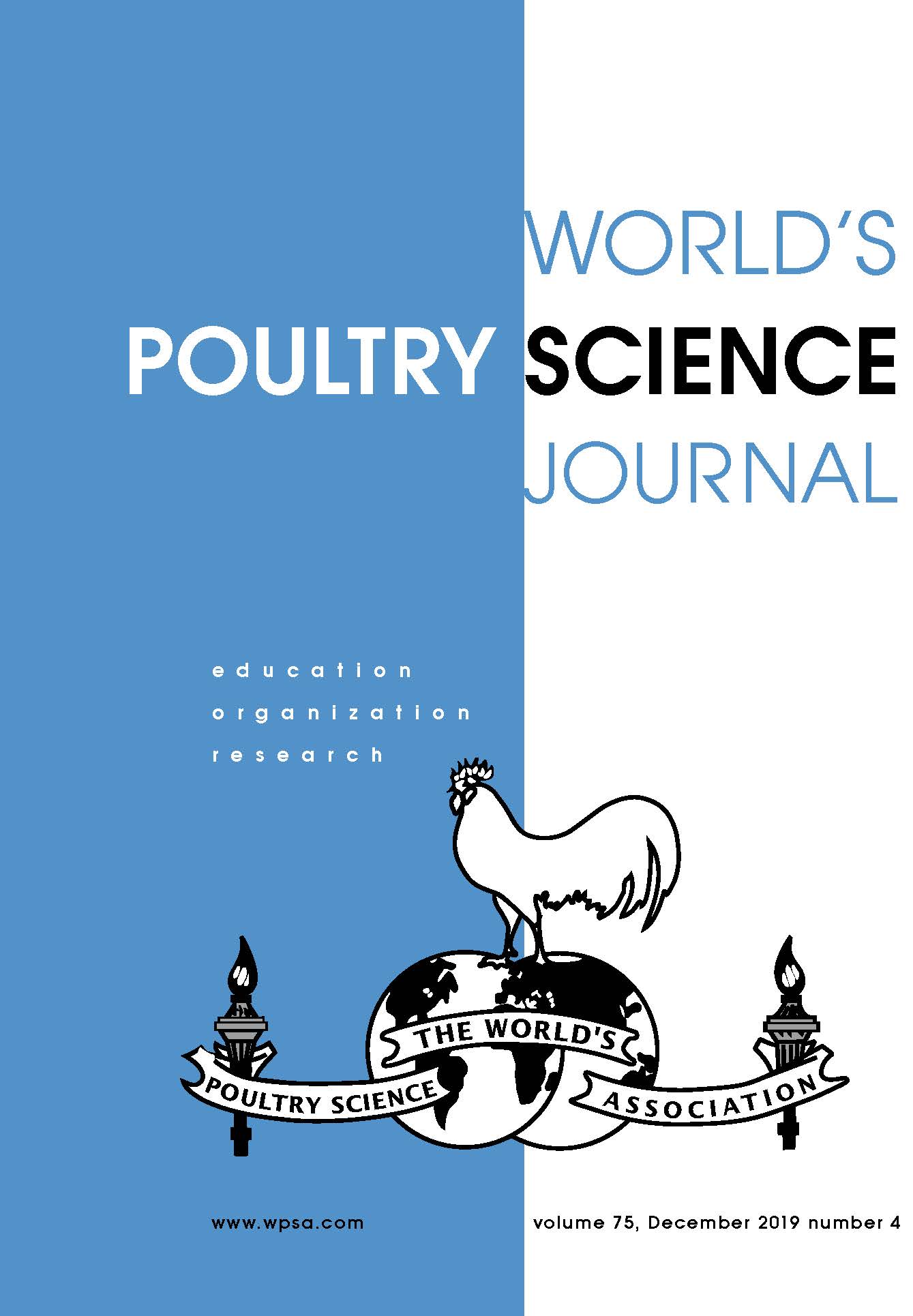Article contents
The immune-genes regulation mediated mechanisms of probiotics to control salmonella infection in chicken
Published online by Cambridge University Press: 15 June 2017
Abstract
Probiotics are live microorganisms with confirmed beneficial effects on poultry health, growth performance, immune system and gut microbial population. A better perception of the mechanisms underlying the immunomodulatory effects of probiotic bacteria is usually needed to give a superior direction to the development and administration of probiotics. The oral administration of probiotic bacteria influence host cytokine levels and therefore, alters both innate and adaptive host immune responses. Selected probiotics, including some lactobacillus isolates and enterococcal strains, have been considered to prevent salmonella colonisation. Part of the effect of probiotic bacteria may be mediated through changes in the immune system related genes, including cytokine expression. Administration of probiotics in chickens could moderate salmonella mediated changes in genes, including encoding pro-inflammatory cytokines, T helper (Th) 1 cytokines, and Th2 cytokines. This review summarises the findings on the mechanisms of salmonella inhibition by using probiotic bacteria at the molecular level.
- Type
- Reviews
- Information
- Copyright
- Copyright © World's Poultry Science Association 2017
References
- 2
- Cited by


